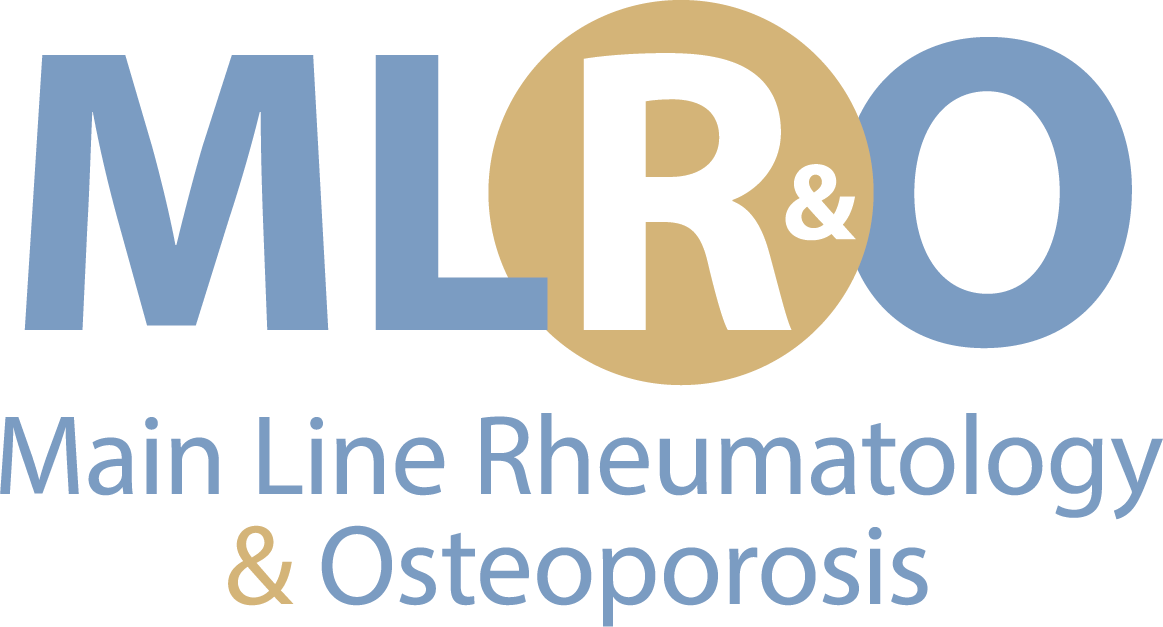As we remain under what looks to be a long siege, Main Line Rheumatology & Osteoporosis continues to function. We are still seeing patients with rheumatologic emergencies, patients needing infusions and are ramped up to do TeleMed via the Internet and telephone. We are using Zoom, Doxy.me, as well as FaceTime. We are also “seeing” new patients until we are able to follow up with them in the office. If you have a fever, cough or have been exposed to somebody in the last 2 weeks whom you suspect to have Covid 19, out of respect to other patients and our hard-working staff, we ask that you do not come to the office.
If you are over 60 and need to do grocery shopping, you may already know that Whole Food and Acme open an hour earlier at 7 AM and Giant opens at 6 am. Whole Food is now only limiting 100 people into the store at a time which translates into about 3 customers every 10 minutes depending on the time you get there. We would recommend trying to go early or late to avoid this bottleneck. Trader Joe is not opening earlier for seniors.
When you shop, remember to wear latex gloves if you have them and wipe down the handle of the grocery cart, your car door handle and steering wheel. If you pull your credit card out of your pocket, take off your glove and remember to wash your hands again as well as wiping down the credit card and your cellphone. I never realized how much I touch my face but we should all try to make every effort to avoid that.
The newspapers are full of websites to try to entertain yourself at home including all kinds of music, museums and activities. One of my favorite pastimes is listening to Dr. Harder’s wife, Debra Lew Harder, M.D., on WRTI 90.1 on Saturdays from 6 AM to noon and some weekdays from 10 AM to 2 PM. I cannot imagine anyone who knows more about music, has such a soothing voice and in her own right is a much recorded concert pianist.
Lastly, try to reach out to your neighbors who are living alone. We can get through these unprecedented difficult times.









